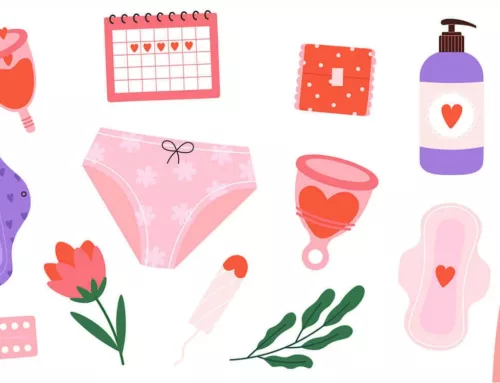Each country has its own culture, habits and customs, its language, but also… its expressions to designate periods. To explain them in a simplified way to little girls, to avoid the often taboo word “periods” or to talk about them in a more familiar way, new words and new expressions have been created to designate periods: Bloody Mary, moons,… so many unrelated expressions that all mean the same thing: I have my periods. Let’s take a world tour of these most popular expressions!
Red symbols in Europe
In Europe, red symbols are often used to represent this life cycle of women. Indeed, in France, for example, the little clown has a bleeding nose. Some countries have decided to associate fruit with women’s rules: in Germany, it’s strawberry week: “Erdbeerwoche”, in Finland, “blackberry and raspberry days” and in Spain, “tomato week”. Finally, for others, warrior symbols are used: in France, “the English land”, in Denmark, “the communists are in the house of pleasure: Der Er Kommunister i Lysthuset” and in Russia, “the Red Army is in town!
Family members in North America and Africa
In North America, family members or relatives are used to represent menstruation. The great aunt arrives in the United States, “Aunt Flow is coming! “. Michel is in town in Quebec. Why Michel? Good question, replace it with Patrick, François or Yves, the meaning will remain the same even if Michel remains the most popular! In the rest of Canada, women “receive the painters”. In South Africa, it’s the turn of grandmothers to replace the rules with “granny is stuck in traffic”.
The stars and spirituality in Asia and Australia
In Asia, the expressions used are often related to the stars. Indeed, in Japan, Indonesia or Malaysia, a woman “has her moons”. In Australia, it is also “moon time”.
Finally, even today, the subject of menstruation remains taboo. In all countries, girls call them so as not to use the word “periods” and expressions are transmitted from generation to generation. But ultimately, if we want to eliminate the taboo around periods, the first thing to do would be to name things as they are: periods.






